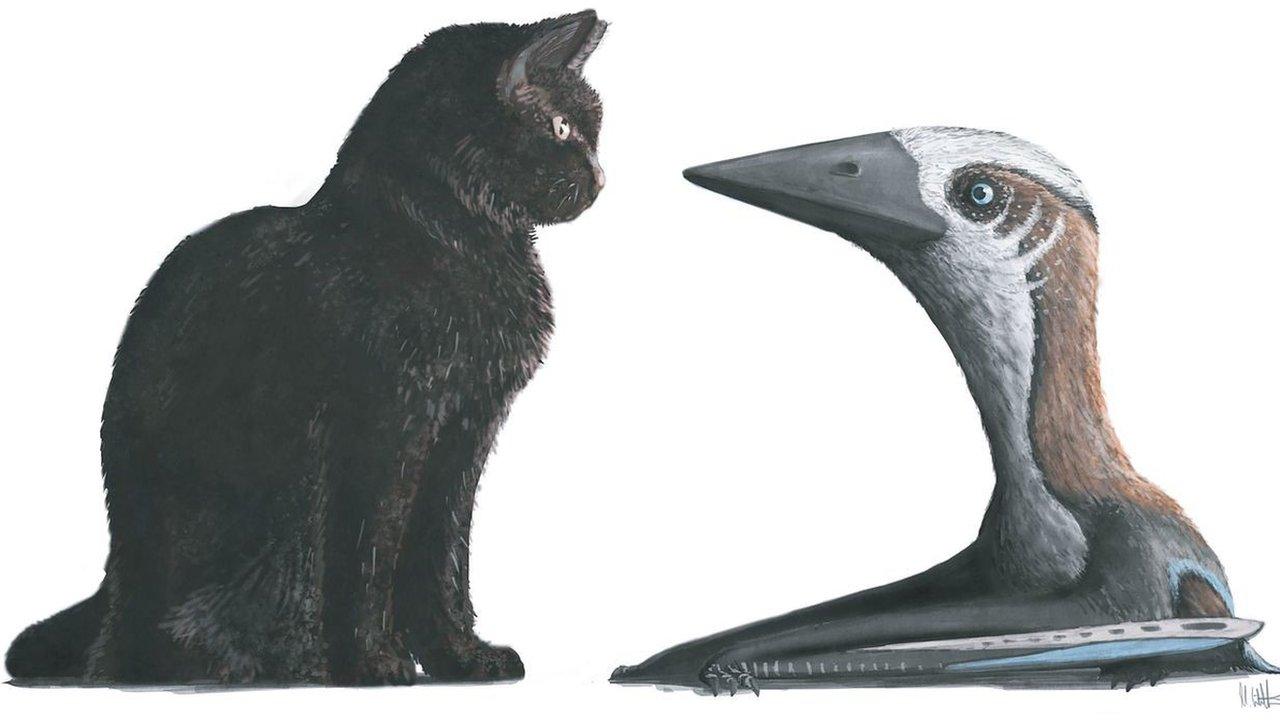Pterodactyls took millions of years to become "deadly masters of the sky"
- Published
- comments
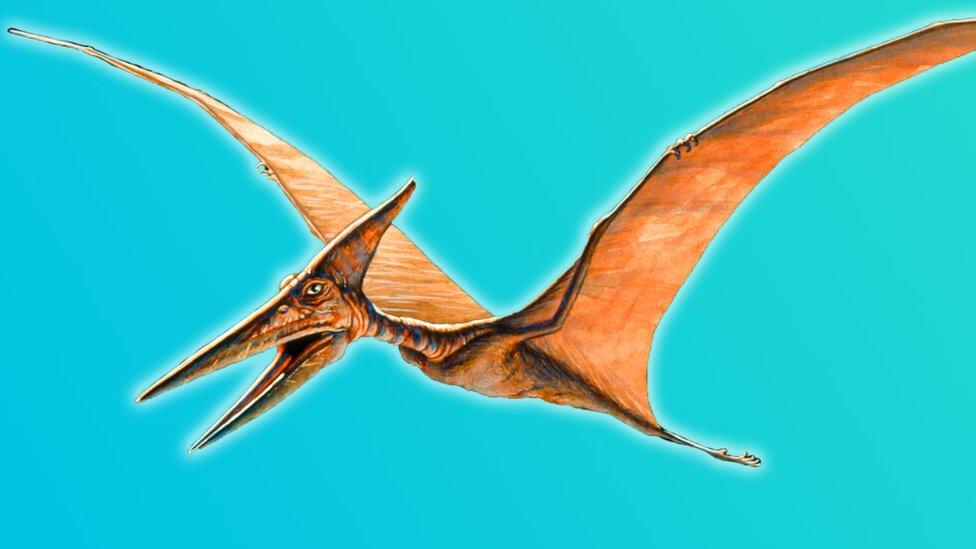
A new study has shown that pterodactyls took millions of years to become "deadly masters of the sky".
Scientists from the Universities of Reading, Lincoln and Bristol used a new scientific method to show how pterosaurs (a group of ancient flying reptiles) became twice as good at flying in the time they were alive.
The study showed that it took around 150 million years for them to improve their flying ability.
During this time they changed their shape and size to use 50 per cent less energy when flying.
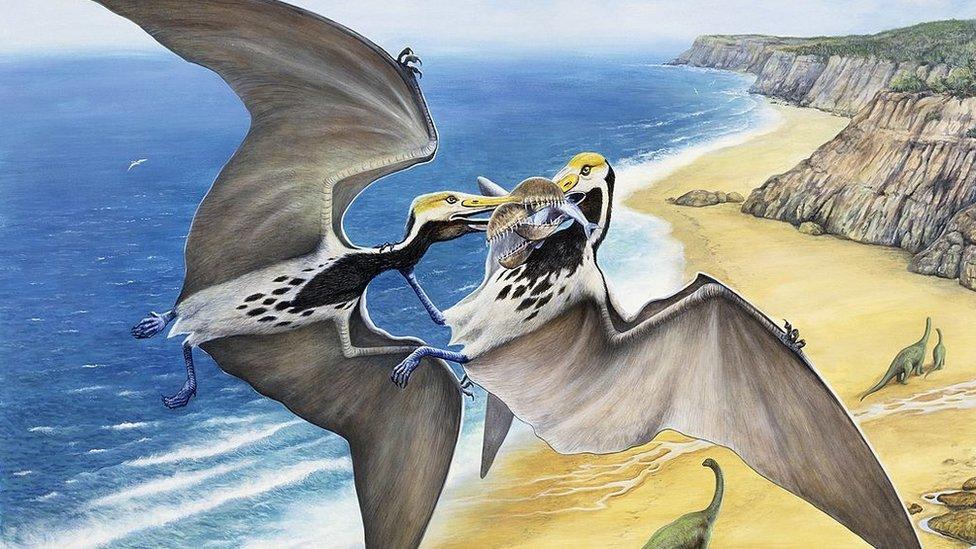
The researchers looked at pterosaur fossils and compared them with models of how birds fly today, to looked at how they improved over time.
This discovery is important, because it shows that the pterosaurs evolved small changes over millions of years, instead of a sudden big change in a short time - which some other scientists had suggested.
Professor Venditti, from the University of Reading, said: "Despite their eventual prowess in the air being well-known, the question of whether pterosaurs got better at flying and whether this gave them an advantage over their ancestors has puzzled scientists for decades."
He said their new research method had allowed the team to study evolution which takes place over millions of years: "in a completely new way".
There are more than 200 species of pterosaur.
The biggest was the Quetzalcoatlus northropi, which was nearly as tall as a giraffe, with a 35-foot wingspan - that's about the length of a double-decker bus!
Pterosaurs weren't always the flying monsters we know of today, they actually evolved from land-based animals and first began flying around 245 million years ago during the Early Triassic period.
However, according to the study, one group of pterosaurs - the azhdarchoids - did not get any better at flying before becoming extinct.
Professor Mike Benton, from the University of Bristol, said: "It's really exciting now to be able to calculate the operational efficiency of extinct animals, and then to compare them through their evolution to see how efficiency has changed."
If you cannot see the quiz, click here.
- Published12 August 2020
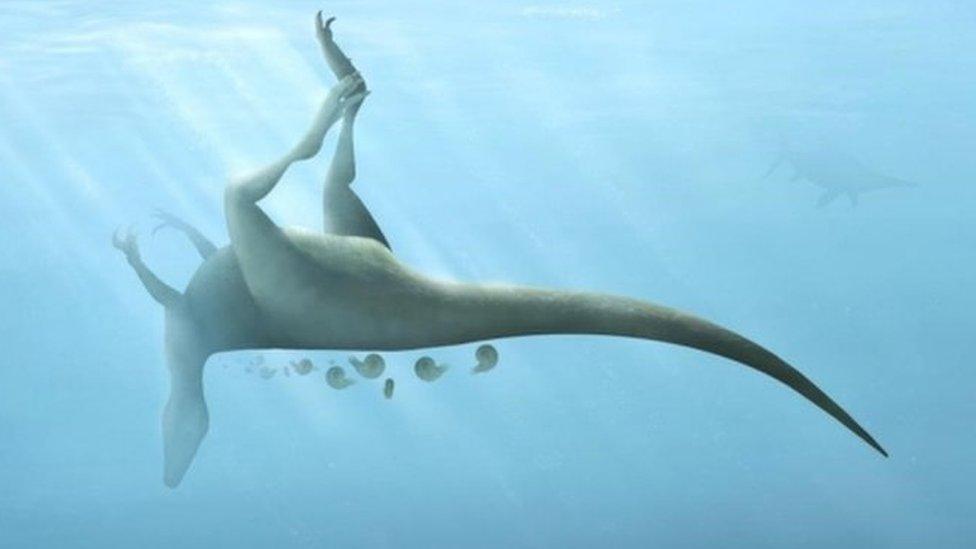
- Published2 May 2019
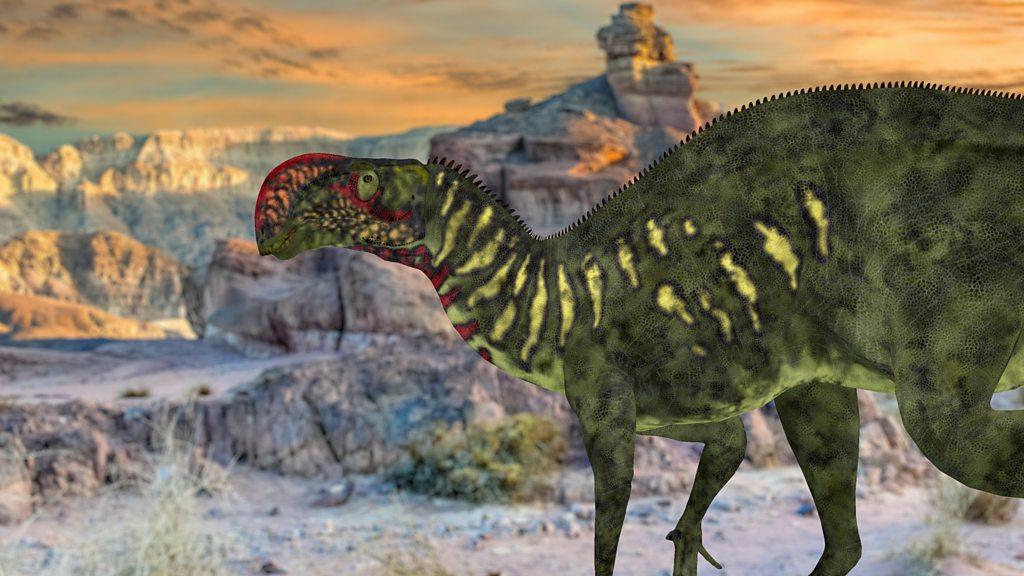
- Published7 September 2016
